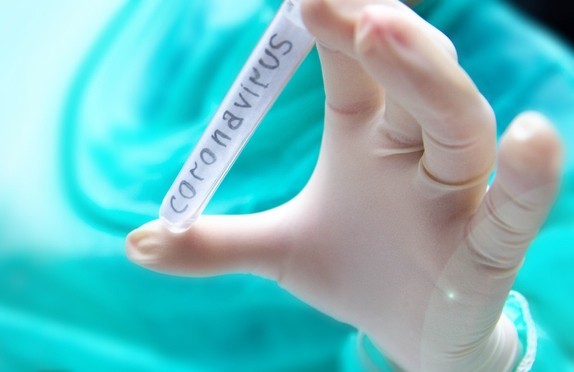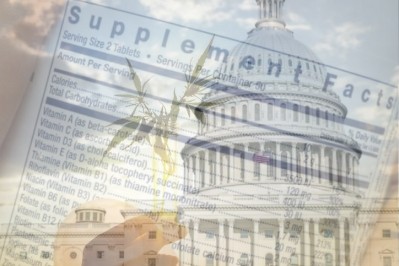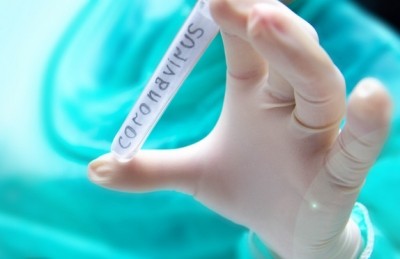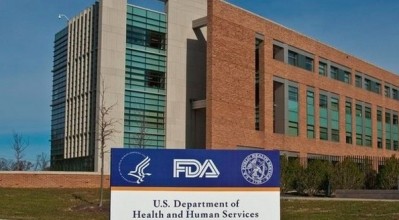Cardax argues for study of astaxanthin in relation to coronavirus; legal experts question strategy

The release was sent out this week by the Honolulu, HI-based marketer that has been seeking to bring its ZanthoSyn-branded form of the ingredient to market and to increase its distribution for several years. The company has reportedly been trying to kick start development of an astaxanthin-based pharmaceutical ingredient it calls CDX 101.
Release highlights white paper, patent application
The release, titled “Cardax Releases White Paper on the Potential Role of Astaxanthin in the Treatment of Coronavirus Disease” points to a publication in which Timothy King, PhD, the company’s senior vice president of research, makes the point that astaxanthin might be helpful for some of the side complications that arise with COVID-19.
“Astaxanthin (ASTX), a safe, orally bioavailable, naturally occurring molecule with strong anti-inflammatory and antioxidant activity, has been shown to (i) significantly attenuate pathological elevation of critical inflammatory cell signaling pathways (NF-kB), (ii) decrease the resulting elevated proinflammatory cytokine levels, (iii) reduce immune cell infiltration of the lung, and (iv) positively influence macrophage polarization in humans and animal models of disease,” King wrote.
The release mentions the company’s dietary supplement ingredient is being studied for its effects on cardiovascular disease, which include preliminary results that show a reduction in CRP (C-Reactive Protein, a measure of inflammation). The company also made this statement:
“In addition, the Company filed a patent application yesterday related to the potential role of astaxanthin in the treatment of COVID-19.”
Cardax CEO: We made no disease claims
While the wording of the release raised some eyebrows among industry observers, Cardax CEO David Watumull was adamant that the company had stayed on the right line of the regulations.
“It’s a rationale for why you should study astaxanthin in relation to COVID-19,” Watamull said. “The release is very precisely written. We make sure we are making no claims in relation to ZanthoSyn. We are looking for partners who could do the FDA treatment protocols.”
Legal experts contacted by NutraIngredients-USA were less sanguine about whether Cardax successfully stayed on the right side of the line. Many dietary ingredients have been or could be developed as pharmaceuticals, but companies often house those efforts under separate entities so as to not muddy the waters, said Bob Durkin, an attorney of counsel with the firm Arnall Gregory Golden LLP.
“This isn’t the first time the marketer of a dietary ingredient has tried to use a patent application to get out a certain message about their ingredient,” said Durkin, who has spend a number of years at the Food and Drug Administration, most recently as deputy director of the Office of Dietary Supplement Programs.
FDA could evaluate patent language along with labels, marketing materials
“I think FDA will get that language and anything that’s in the patent or on the label will be evaluated for a disease claim. Did they associate that claim in this release with their dietary ingredient or just with their candidate API? In my view the answer is both,” he said.
Kevin Bell, a partner at the same law firm, has done a lot of patent work and said in his experience firms are often more circumspect in communicating about patent applications.
“There’s always a risk in what you say about patent applications. And application is just that, and you don’t know what kind of claims might be approved,” he said.
Press releases are commercial communication, too
Attorney Ivan Wasserman, of the firm Amin Talati Wasserman, said he often cautions companies that they shouldn’t think they can be more exuberant in a press release than they might be in marketing materials or on their product labels.
“Over the years, I have heard a misconception from companies that think they can say whatever they want in a press release because it is somehow not labeling or advertising and therefore outside of FDA and FTC’s jurisdiction. That is not the case. While generally not on the ‘front lines’ for enforcement like product labels and consumer directed advertising, FDA can use statements in press releases as evidence of a product’s intended use, and the FTC can challenge false or misleading claims in press releases. So if a company claims in press release that its herbal supplement can cure cancer, FDA can take the position that causes the supplement to be an unapproved new drug, and FTC can challenge it if it is not adequately substantiated. Therefore we always recommend that press releases undergo the same legal/regulatory review as labels and ads,” he said.










